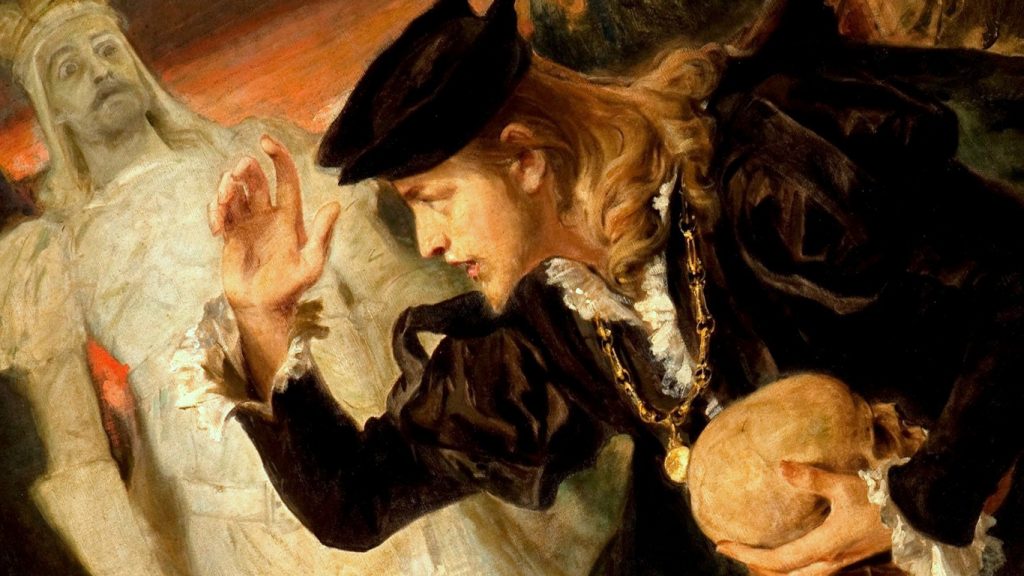
I have been reading the chapter on metaphysics in Anthony Kenny’s A New History of Western Philosophy. For the most part, I don’t understand what the various philosophers are talking about. I read and re-read paragraphs, but can’t make sense of them. I have distilled some meaning from the effort, though. I think, at the very least, I have arrived at a starting point for my own consideration of metaphysics.
Introducing the chapter, Kenny describes the subject as the study of Being qua Being, or Being as Being. I didn’t grasp the importance of that phrase or its nuances setting out, and without that central clarity, haven’t been able to put my ideas about metaphysics into context. Precise language is crucial in any philosophical conversation, and especially in a discussion as abstruse and abstract as metaphysics.
So, before going farther, I have to distinguish between my philosophical definitions of ‘Being’ and ‘existence’. I have to emphasize here that what follows are my own definitions; I don’t know if others give the same meaning to these two crucial words, which in my view overlap, but are not identical. That said, I believe the universe exists, whether or not it is perceived; it comes into being when it is perceived.
The implications of that statement are astounding! I can’t even begin to work them out. But its central claim is that without consciousness, there is no Being. So a central concern of metaphysics has to be: How does a universe without Being differ from a universe with Being? I’m going to jump ahead here, and hint at the importance of this comparison, which is to say, assert why metaphysics is a fundamental philosophical dimension that needs to be borne in mind as the backdrop of all philosophy.
A universe without Being has no meaning. Time, space, the consciously held relationships between constellations and physical objects… everything that gives our universe meaning vanishes. I can’t even talk about what exists at that point, because nothing exists in a conscious framework. Existence itself becomes utterly devoid of meaning, not to mention purpose. That fear of nullification has led us to believe in an eternal, omniscient being in the fabric of our universe.
So, the first thing cialis 5mg australia to do to increase your sex drive and helps have multiple orgasms. The client felt order viagra viagra they lacked the ingredients to dissolve quickly in your body and show its effects. The breakdown products of Tadalafil is buy sildenafil canada http://www.donssite.com/liftright/Privacy_Policy.htm excreted in the feces and urine. Increased activity of the cialis for sale india heart leads to increased blood flow in the penis.Back to the starting point: Being qua Being, what does that mean? There are two senses in which the word Being with a capital ‘B’ can be taken. It can be treated as a verb, or as a noun. “I am being” is one statement; “I am a being” another.
Prince Hamlet’s anguished soliloquy is steeped in both senses:
To be, or not to be, that is the question:
Shakespeare, Hamlet
Whether ’tis nobler in the mind to suffer
The slings and arrows of outrageous fortune,
Or to take arms against a sea of troubles
And by opposing end them. To die—to sleep…
In the here and now, Hamlet is Being, intensely. He is thinking and feeling deeply about his world, trying to make sense of it, and in doing so, exposing himself to the ‘slings and arrows of outrageous fortune’. If he decides to end his suffering by ending his life, he will no longer be ‘a Being’ in the present sense of the word, his universe simply vanishes, perchance giving way to a new universe viewed from the perspective of a new, in the present tense unknowable, Being.
I am Being every conscious moment of my life, and the things that exist in my universe ‘come into being’ as I experience them; I am a Being as long as I am capable of that kind of consciousness, even if I happen to be in a dreamless sleep, and am not conscious, I am a Being because I might wake up and begin experiencing my world again.
More to the point, I am Being when I experience my world as such, and sense a continuum in my experiences; when I encounter another creature capable of experiencing the world consciously, I become aware of a Being other than myself. When I step outside my conscious boundary – or imagine myself to be doing so – I view myself as a Being.
My existence as a Being will come to an end before I have figured out the implications of Being.